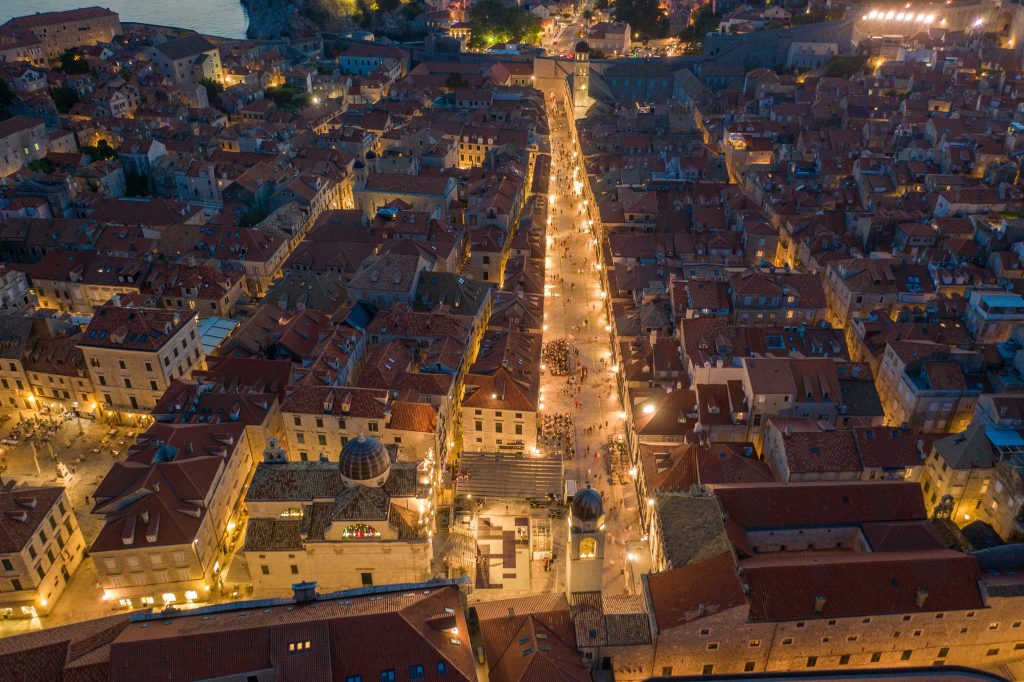April the 16th, 2024 – The Croatian Sustainable Tourism Centre is set to be the very first of its kind in all of Europe.
As Jutarnji list/Marija Crnjak writes, Tourism Minister Nikolina Brnjac and Secretary General of the World Tourism Organisation Zurab Pololikashvili have now officially signed the Memorandum of Understanding between the Ministry of Tourism and Sport and the World Tourism Organisation (UN Tourism) on mutual cooperation and the establishment of the Croatian Sustainable Tourism Centre.
The memorandum is the basis for the establishment of a research and development centre that will be an independent public institution. Within the framework of the MoU, UN Tourism and the Ministry will cooperate in the implementation of initiatives and projects. Their primary focus will be on research and development related to sustainable policies in tourism, the promotion of sustainable tourism, creating guidelines and recommendations for the development of sustainable tourism, sharing knowledge and best practices for sustainable tourism, as well as transferring knowledge about its management development.
croatia is recognised at the global level
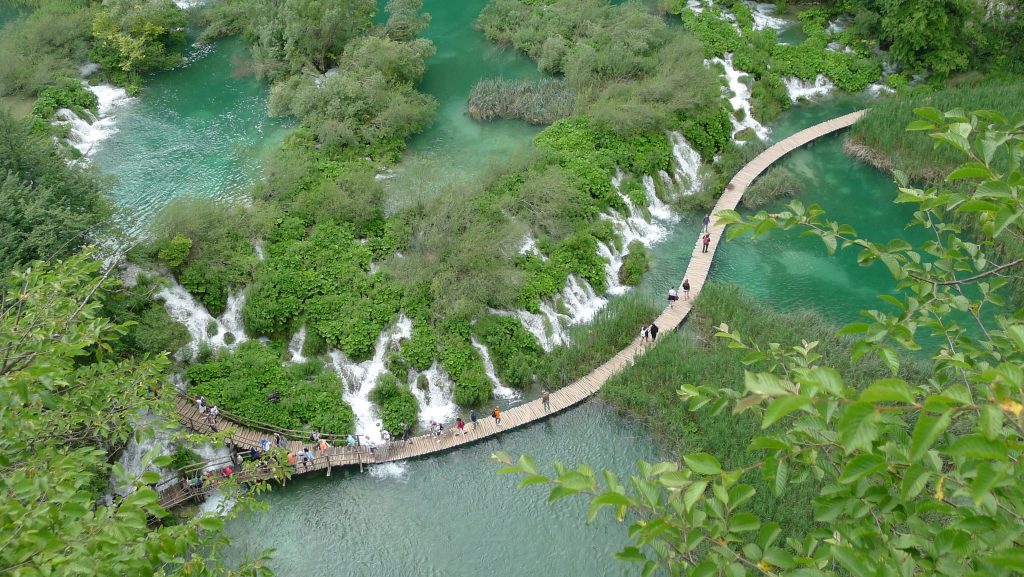
The establishment of the new Croatian Sustainable Tourism Centre is an initiative of the World Tourism Organisation, motivated by the recognition of Croatia as a leader of positive changes and innovationsin the creation of sustainable tourism policies at the global level.
“The establishment of the first Croatian Sustainable Tourism Centre in cooperation with the most relevant global organisation for tourism, UN Tourism, is a great honour and the best compliment to our reform. It’s also a fantastic opportunity to strengthen the recognition of Croatia as a leader in sustainable tourism, as well as for our academic and the scientific community. This centre is an additional opportunity for them to improve global cooperation in various areas that affect the development of sustainable tourism.
cooperation between the croatian sustainable tourism centre and the academic community
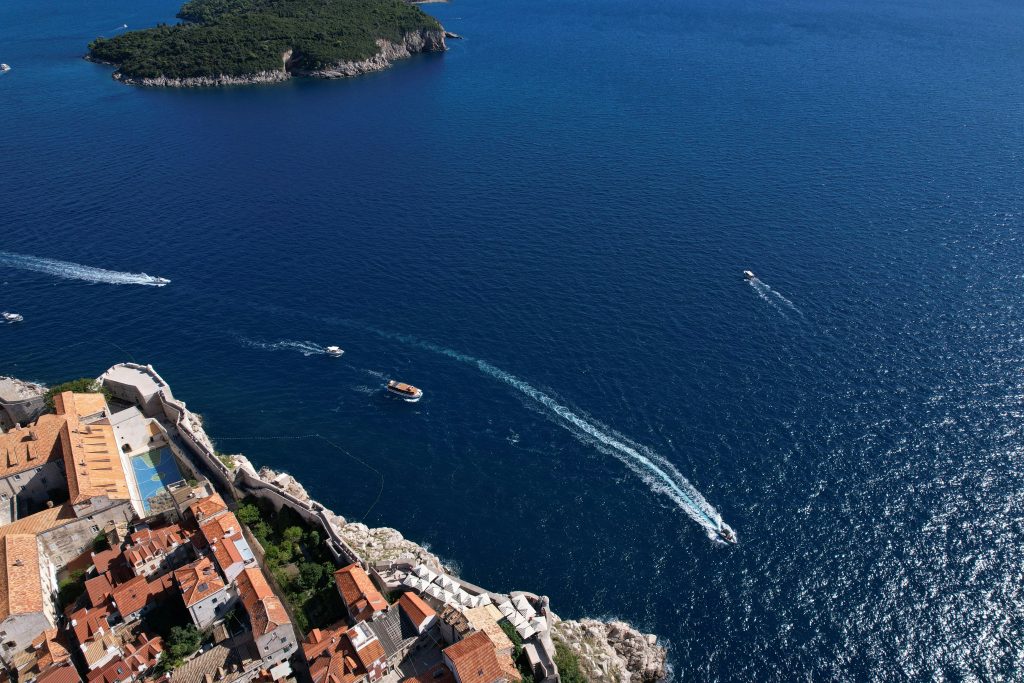
“The University of Zagreb has expressed interest in being a partner in this project and involving a wide range of stakeholders from Croatia, as well as the academic and scientific community in the work of the Croatian Sustainable Tourism Centre. During my mandate, I’ve tried to involve the academic and scientific community in the creation of policies, because I believe that the creation of tourism policy in Croatia is an extremely responsible job, which must be based on data and analysis.
This is precisely why the academic and scientific community was involved in the creation of our most important documents. These include the Scientific Council for Tourism and Space of HAZU, to which we first presented the draft of our Law on Tourism, to the Faculty of Management in Tourism and Hospitality in Opatija, with whom we collaborated on the creation of the Strategy. In addition, there’s the Institute for Tourism, with which we’re developing satellite accounts of sustainable tourism, as well as eminent professors and scientists who are members of the working groups for the creation of by-laws of the Act on Tourism.
I’m particularly pleased by the fact that the Law on Tourism prescribed the establishment of a Scientific and Expert Council with the task of proposing measures and activities that will contribute to the sustainable development of tourism,” Brnjac pointed out, noting that in this mandate, a strategic framework was created for the management of tourism development in the direction of sustainability, the first Law on Tourism was passed which will enable such management, and record funds of 1.3 billion euros were secured to achieve those goals.
“By establishing the new Croatian Sustainable Tourism Centre, we’ll achieve the prerequisites for the transparent and responsible creation of tourism policy through the availability of up-to-date and relevant research across all areas that can contribute to the development of sustainable tourism. If we truly want to manage the development of tourism, we truly do need such research,” concluded Brnjac.
croatia is a leading sustainable tourism example
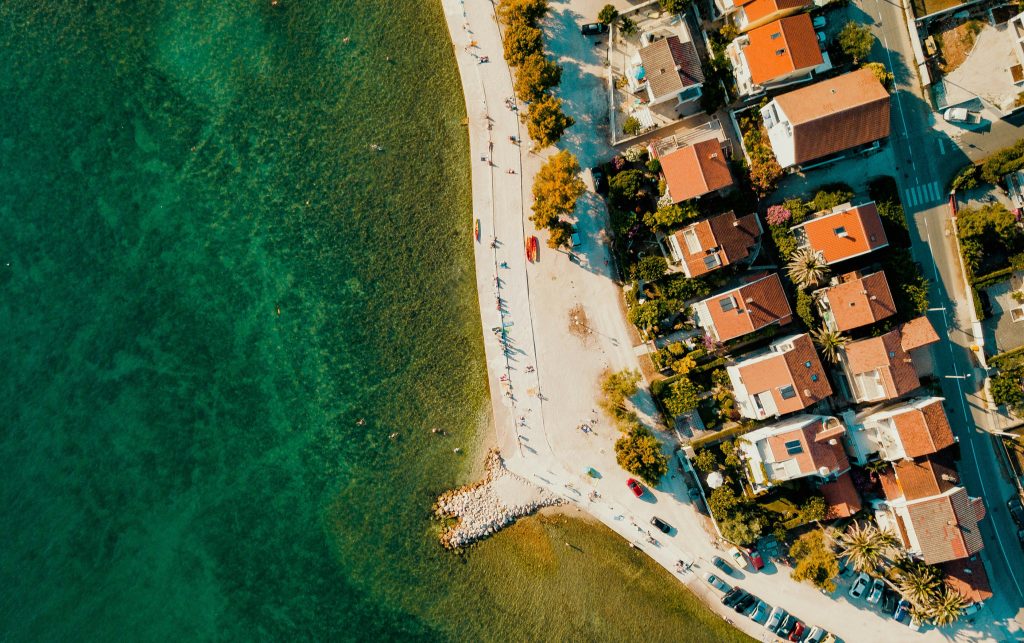
General Secretary Pololikashvili pointed out that the Republic of Croatia is leading as an example in the development of sustainable tourism. He added that this is precisely why it was chosen as the location of the first Centre for Sustainable Tourism, which will further encourage innovation and positive changes in the tourism sector.
“The new research centre here in Zagreb will contribute to the creation of data-based policies at the regional, national and destination levels. It will work to ensure responsible and inclusive tourism development, for the benefit of communities everywhere. Tourism is a key economic sector, and as trade in services was the third category of export earnings immediately after fuel and chemicals in 2019, we need a science-based approach to the sustainability of tourism,” said the Secretary General.
the conservation of resources
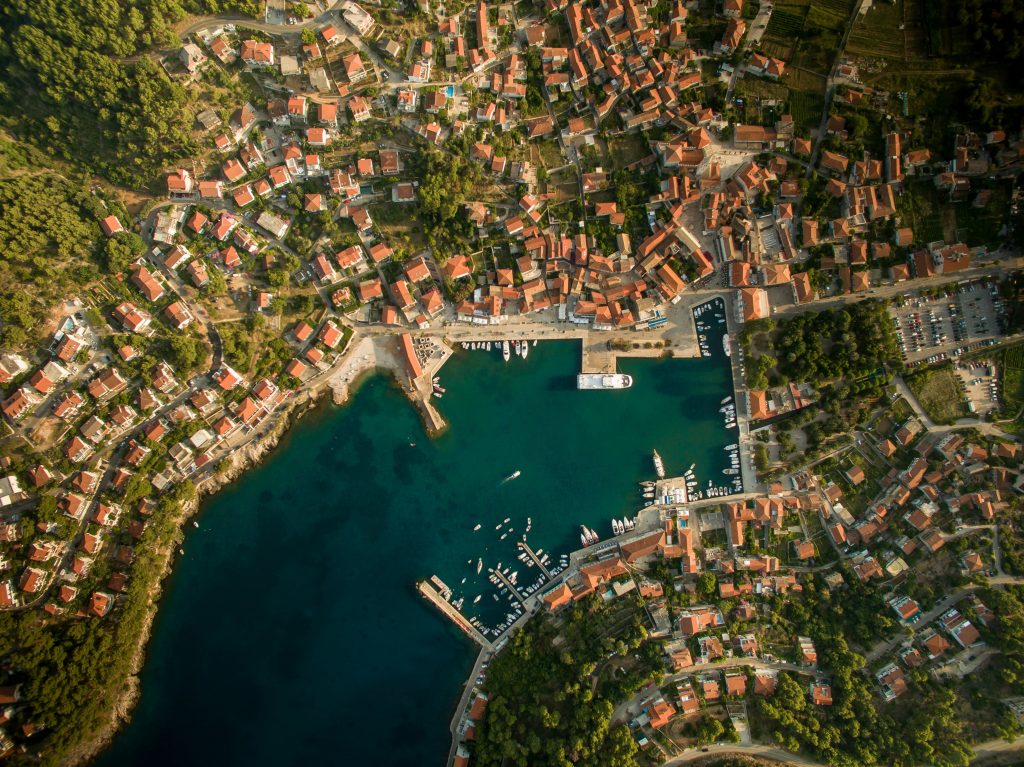
According to the rules of UN Tourism, the Croatian Sustainable Tourism Centre will be established as an independent legal entity in cooperation with the academic community. The partner in the project as far as establishment goes is the University of Zagreb.
“The establishment of the Croatian Sustainable Tourism Centre is an exceptional opportunity for our academic community to actively participate in the creation and promotion of sustainable tourism practices that are key to the future of tourism here in Croatia.
It will enable us to further develop our scientific and professional knowledge in the field of sustainable tourism, which will not only contribute to the academic excellence and reputation of the University of Zagreb, but will also have a wider social and economic impact. It will continue to promote Croatia as a destination committed to sustainability and innovation in tourism. We believe that this new centre will become a leading regional centre for the research and development of sustainable tourism. We also expect that the fruits of this partnership will be long-lasting and that they’ll significantly contribute to the education of our students and the preservation of the natural and cultural resources of this country,” concluded Rector Stjepan Lakušić.

